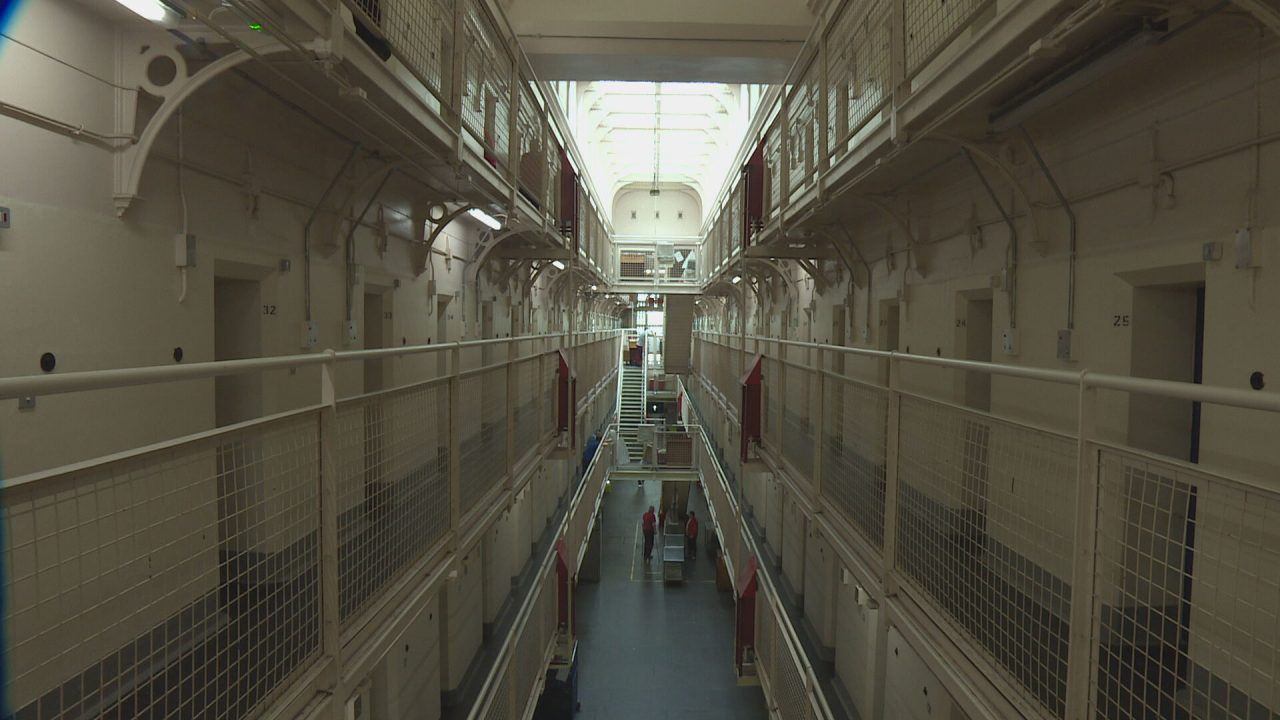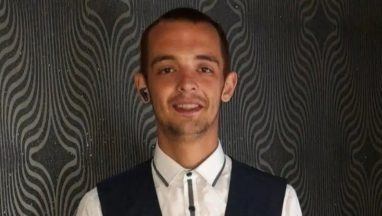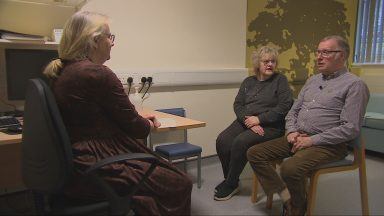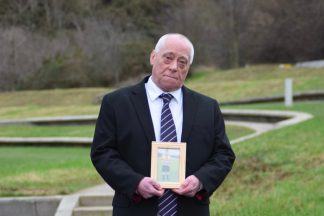Overcrowding in Scotland’s prisons remains a “serious concern” and is holding back the successful rehabilitation of offenders, the head of inspections has warned.
Commenting on her sixth and final annual report as HM Chief Inspector of Prisons for Scotland, Wendy Sinclair-Gieben urged the Scottish Government to consider “radical justice options” that might ease the pressure on overcrowded prisons and lead to better outcomes for offenders.
Ms Sinclair-Giebens, who is preparing to leave office at the end of the month, said the public have the right to expect that “criminogenic behaviours will addressed” while people are in custody and this “cannot happen” with the large numbers being held by the Scottish Prison Service (SPS).
She said she accepted that Scotland should not “build its way” out of the problem by adding more prisons to the estate but added it would also be a “travesty” if new builds in Glasgow and the Highlands were delayed.
It comes months after officials announced about 500 to 550 inmates with 180 days or less to serve from a sentence of under four years were being released early to ease pressure on overcrowded prisons.
Ms Sinclair-Gieben said: “In a fiscally challenging environment, every opportunity to invest to save elsewhere must be actively considered.
“The ambitious development of HMP & YOI Stirling and the two women’s Community Custody Units were a groundbreaking and commendable approach to women in custody; it would be good to see that creativity applied equally ambitiously to radical justice options that might lead to fewer people being sent to prison, less time having to be spent in prison, more effective use of any time spent there and robust release planning and support.
“The opportunity of co-locating community justice centres incorporating prison, courts and a forensic unit, could see a paradigm shift in some of the current pressing issues on mental health and prisoner transport but could also provide a centre of excellence in prisoner assessment of risk and custody planning.”
Ms Sinclair-Giebsen also said that despite many examples of good practice in prisons, such as a reduction in the use of segregation of young people, problems such as overcrowding remain “entrenched” in the system.
“The rise in remand, overcrowding, social isolation, an ageing estate, very limited access to purposeful and rehabilitative activity, the backlog in offending behaviour work, alcohol and substance issues, prisoner transport failures and inequitable access to good healthcare remain highly problematic across the estate,” she said.
“Too many acutely mentally unwell people are being held in custody. Prison and NHS staff do their best but have to cope with profoundly distressed patients experiencing delays in transfer to in-patient care and people who may not meet the threshold for inpatient care but who have disturbing and challenging behaviour.
“Ensuring that governors, directors, education providers and the NHS do everything within their power to enhance the likelihood of a crime-free life, and reduce the risk to the community on liberation, can only be achieved with either a smaller prison population or an increased level of resource.”
She added: “A bold and brave transformational justice agenda could allow Scotland to reduce the
prison population, affording the SPS the opportunity to deliver greater rehabilitative opportunities with the possibility of being able to close some of the aging and expensive buildings.
“Scotland does not lack a positive vision, but if current levels of resourcing and population remain static, containment rather than the vision for justice in Scotland will be the order of the day.
“It would also be a travesty to see any delay in the arrival of the much-needed HMPs Glasgow and Highland.”
The SPS and the Scottish Government have been approached for comment.
Follow STV News on WhatsApp
Scan the QR code on your mobile device for all the latest news from around the country





























